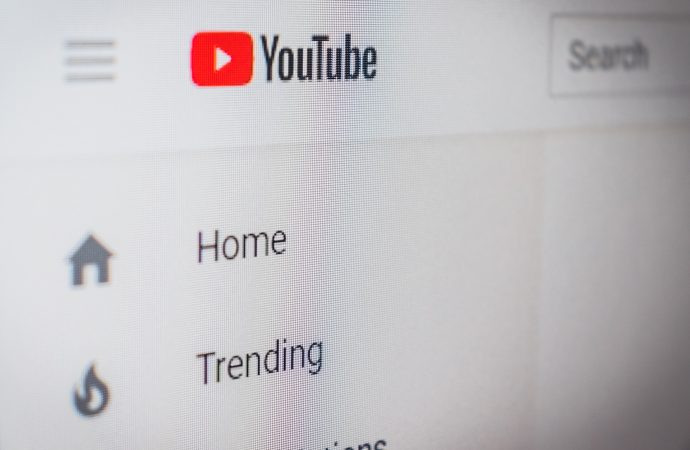Introduction: YouTube, the world’s largest video-sharing platform, has recently made a controversial policy reversal by announcing its decision to permit the presence of content that denies the outcome of the 2020 US election. This surprising shift in stance has sparked intense debate about the platform’s responsibility in combating misinformation and protecting democratic processes. In this
Introduction:
YouTube, the world’s largest video-sharing platform, has recently made a controversial policy reversal by announcing its decision to permit the presence of content that denies the outcome of the 2020 US election. This surprising shift in stance has sparked intense debate about the platform’s responsibility in combating misinformation and protecting democratic processes. In this article, we delve into the details of YouTube’s policy reversal, examine the potential consequences, and analyze the wider implications for online content moderation.
A Shift in Content Policy:
YouTube’s decision to allow the hosting of content denying the 2020 US election outcome marks a significant departure from its previous position. The platform has justified this policy change as an effort to respect freedom of expression and foster a diverse range of viewpoints. However, critics argue that such a move risks amplifying misinformation and undermining the democratic foundations of the electoral system.
The Clash Between Freedom of Expression and Misinformation:
The debate surrounding YouTube’s policy reversal centers on the delicate balance between upholding freedom of expression and combatting misinformation. While the platform asserts its commitment to combating false information, it contends that removing election result denial content entirely would infringe upon users’ rights to express their opinions.
Detractors argue that permitting content denying the 2020 US election outcome could contribute to the spread of conspiracy theories and erode public trust in the democratic process. They advocate for stronger measures from YouTube to counteract misinformation, particularly regarding significant political events like elections.
The Role of Tech Companies in Content Moderation:
YouTube’s policy reversal reignites the larger conversation about the role of tech companies in content moderation and the fight against misinformation. As gatekeepers of online information, these platforms face the challenge of maintaining an open environment for expression while safeguarding the accuracy and integrity of the content they host.
While YouTube claims to have robust fact-checking mechanisms and partnerships with authoritative sources, critics argue that more stringent measures are necessary to combat election-related misinformation. They call for greater transparency in content moderation processes, improved fact-checking algorithms, and collaboration with independent fact-checkers to ensure the dissemination of accurate information.
The Implications for Democratic Processes:
The decision by YouTube to permit content denying the 2020 US election outcome carries significant implications for democratic processes. Allowing the spread of misinformation and false narratives has the potential to erode public trust, fuel political polarization, and undermine the integrity of electoral systems.
As online platforms increasingly become primary sources of news and information for users, the responsibility lies on tech companies like YouTube to prioritize accuracy and accountability. Striking the right balance between freedom of expression and combating misinformation is crucial to maintaining healthy democratic discourse and preserving the foundations of democracy.
Conclusion:
YouTube’s policy reversal, allowing the presence of content denying the outcome of the 2020 US election, has sparked a contentious debate about the platform’s role in combatting misinformation and protecting democratic processes. While the platform emphasizes the importance of freedom of expression, critics argue for a more proactive approach to mitigate the spread of false information.
As the conversation unfolds, finding effective solutions that balance freedom of expression and the integrity of democratic processes becomes increasingly crucial. Increased transparency, robust fact-checking mechanisms, and collaborative efforts with independent fact-checkers can help address the challenges posed by the dissemination of election-related misinformation. Ultimately, the way forward lies in a collective effort to ensure the responsible and ethical handling of content that shapes public opinion.

















Leave a Comment
Your email address will not be published. Required fields are marked with *